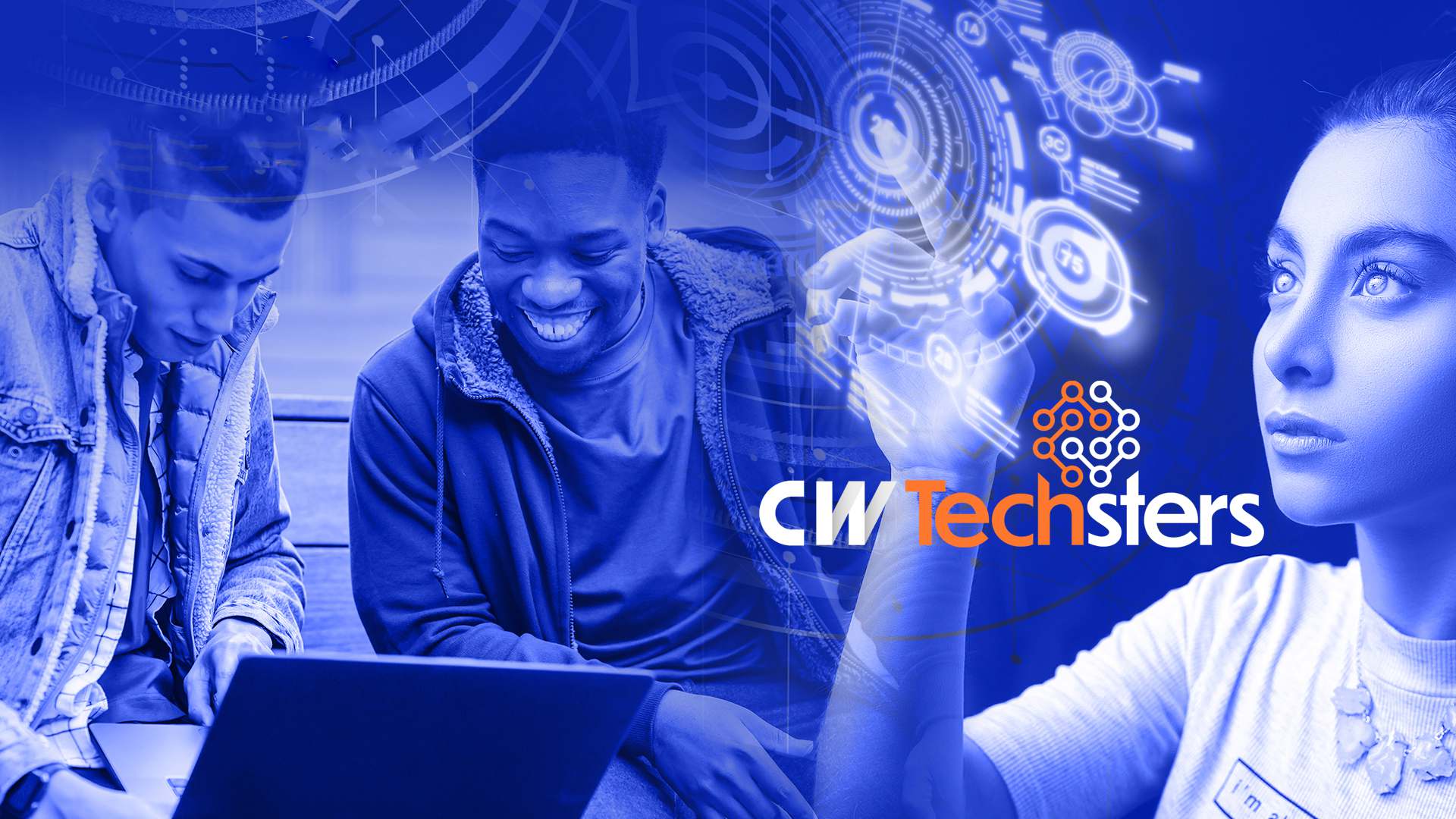10:00
Registration and networking with refreshments
10:30
Introduction to Academic & Industry and Radio Technology SIGs
10:50
Welcome from event host, Clive Parini, Queen Mary University of London
11:00
Welcome from event sponsor, Rohde & Schwarz
11:10
Dr Sajad Haq, QinetiQ
11:20
Directional Antennas in MANET Radio Networks; Steve Fitz, Director of Technology, Plextek
This short talk will outline the ACTI collaborative research programme which explores the implications of using directional antennas in MANET radio networks. This topic is of current interest partly because of the growing use of mmWave bands where directional antennas are both essential for link budget and of reasonable size. Adapting beam directions in a mobile topology has far-reaching implications for the MANET stack including radio resource management and routing.
11:30
Huawei Research University partnerships; Michael Hill-King, Collaboration Director, Huawei
There are many challenges facing the ICT industry over the next decade arising at the device level, network connectivity, and in intelligent operation. Many of these challenges can be addressed collaboratively. The talk will introduce the foci for Huawei R&D and how Huawei works with universities to address these challenges that face us all.
11:40
Leonardo in the UK – technology challenges give research opportunities; John Griffin, Innovation & Technology Director, Electronic & Defence Systems Sector, Leonardo
This short talk will provide an overview of the activities in Leonardo in the UK illustrating the importance of RF technology, some of the key performance drivers and current challenges. This will link to the identification of some research areas of interest to Leonardo in the future.
11:50
Panel session - the industry perspective
12:20
Lunch and networking
13:30
Antenna Innovation Driven by Advanced Materials; Yang Hao, Professor of Antennas & Electromagnetics, Queen Mary University of London
Over recent years, Queen Mary University of London has developed several innovative antenna solutions based on the novel materials ranging from metamaterials to graphene. In this talk, I will discuss some antenna solutions pushing the conceptual boundaries whilst at the same time exploring the practical problems of design and manufacturability.
13:40
Joint Academic and Industry Research on Indoor Wireless Coverage; Dr. Tongyun Li, Research Associate, Engineering Department, University of Cambridge
This talk will present a collaborative work between Cambridge University and China Aerospace for development of a novel cloud based in-building wireless (IBW) solution which addresses the issues of high cabling and installation costs as well as difficulty in service convergence onto single network infrastructure in traditional systems. Industrial applications include mobile and IoT service coverage within stadiums, shopping malls, large building blocks and high-speed trains. A lab prototype has already been built and passed industrial-level tests. The first-generation product is expected to be launched in China later this year.
13:50
Fronthauling for Cloud-RAN and distributed antenna systems; Alister Burr, Professor of Communications, Dept of Electronics, University of York
Next generation wireless access networks are expected to make much wider use of distributed antenna systems, in which the antennas are physically separated from the baseband and higher layer processing: the "Cloud-RAN" concept is perhaps the ultimate example of this. This can reduce complexity of the access point and can also significantly improve network performance, but requires signals to be relayed across what is then known as the "front-haul" network, which can require these networks to provide very high capacity, typically several times the total user throughput. The talk will review the issues, and some potential solutions, some involving the applications of pure number theory.
14:00
Balanced wave-impedance substrates for antenna miniaturisation: efficient or not?; Oliver James, Centre for Doctoral Training in Communications, University of Bristol
In this talk, Oliver James introduces balanced wave-impedance materials for use in antennas. Certain hexagonal ferrites fall into this class of materials, exhibiting the property of equal electric permittivity and magnetic permeability, giving the material the same wave impedance as free space. Such materials are claimed to give efficient impedance matching between the antenna substrate and the transmission medium, but is this effect more important than conventional antenna substrate performance characteristics such as material loss tangent? Oliver discusses a radiatively characterised antenna built on such a substrate and considers the impact of the choice of material on antenna miniaturisation as well as the potential for frequency tuning.
14:30
Panel session - the academic perspective
15:00
Panel session with all speakers
15:30
Tours of QMUL Laboratories
16:30
Event closes

















